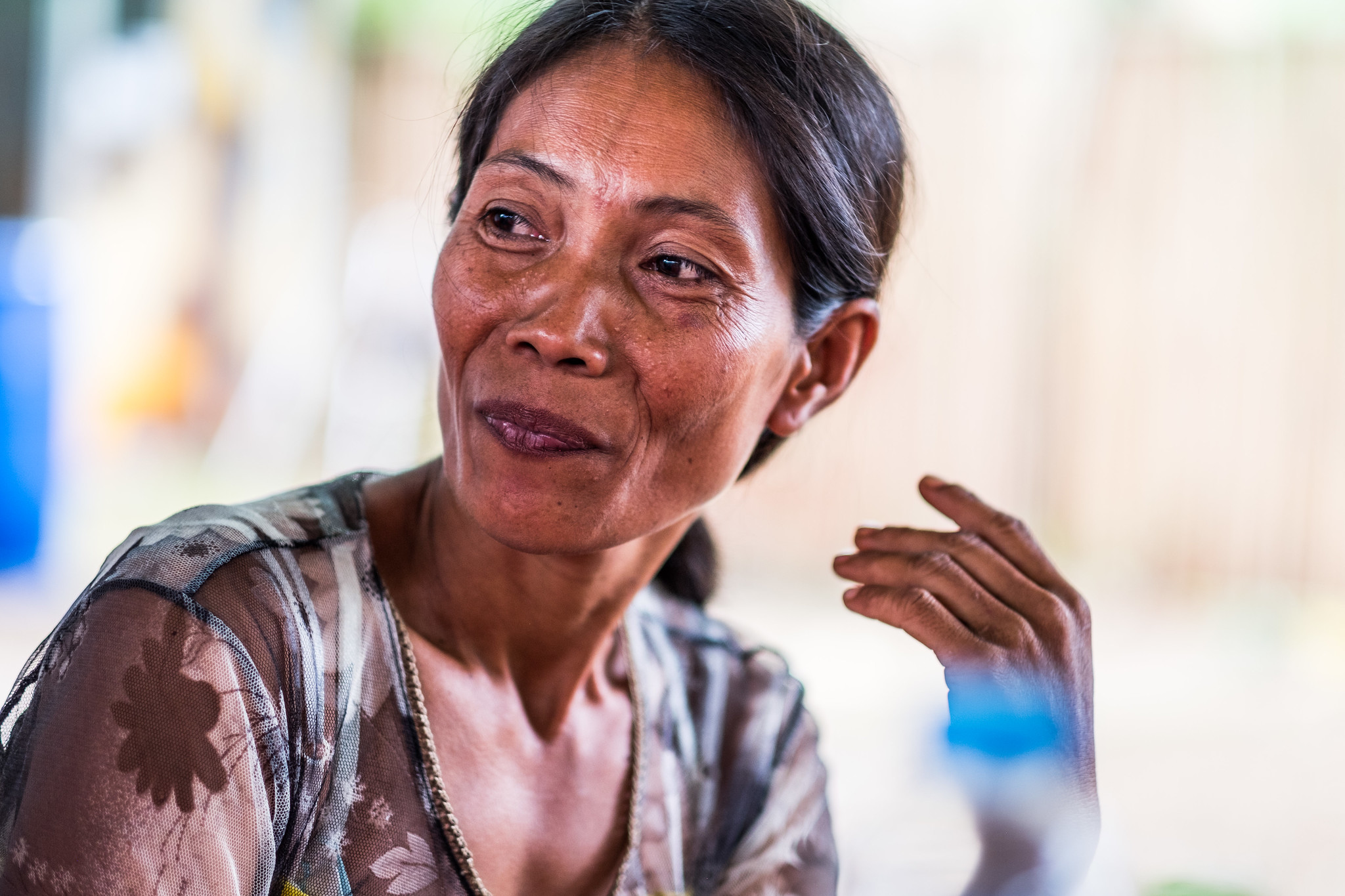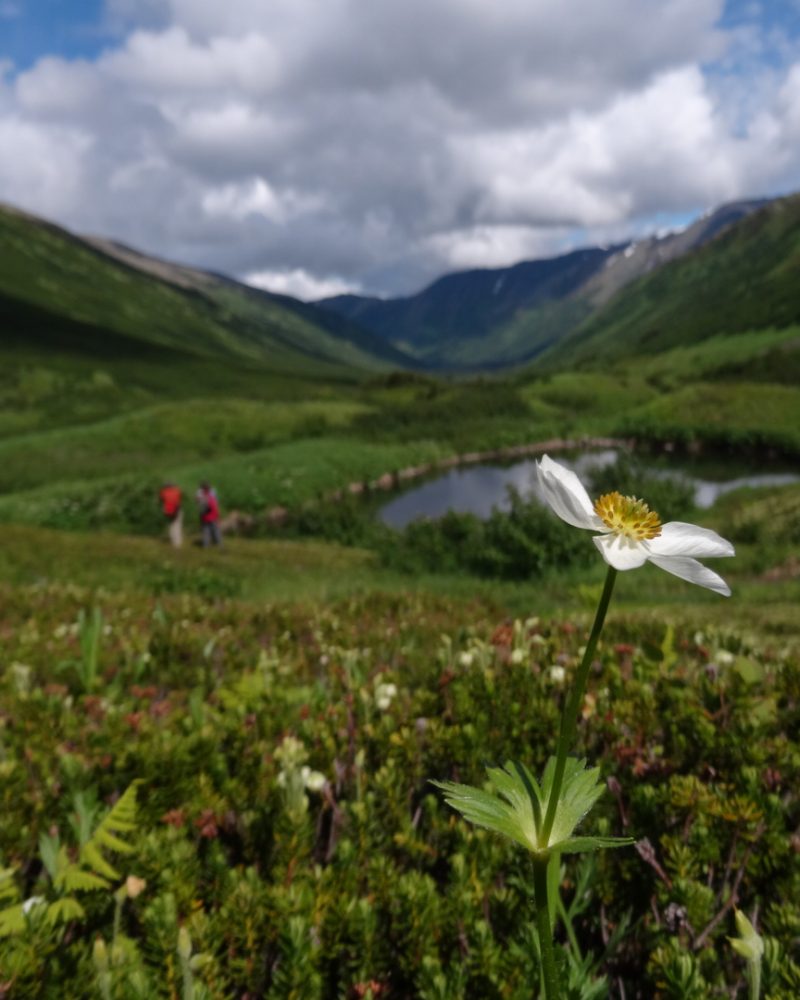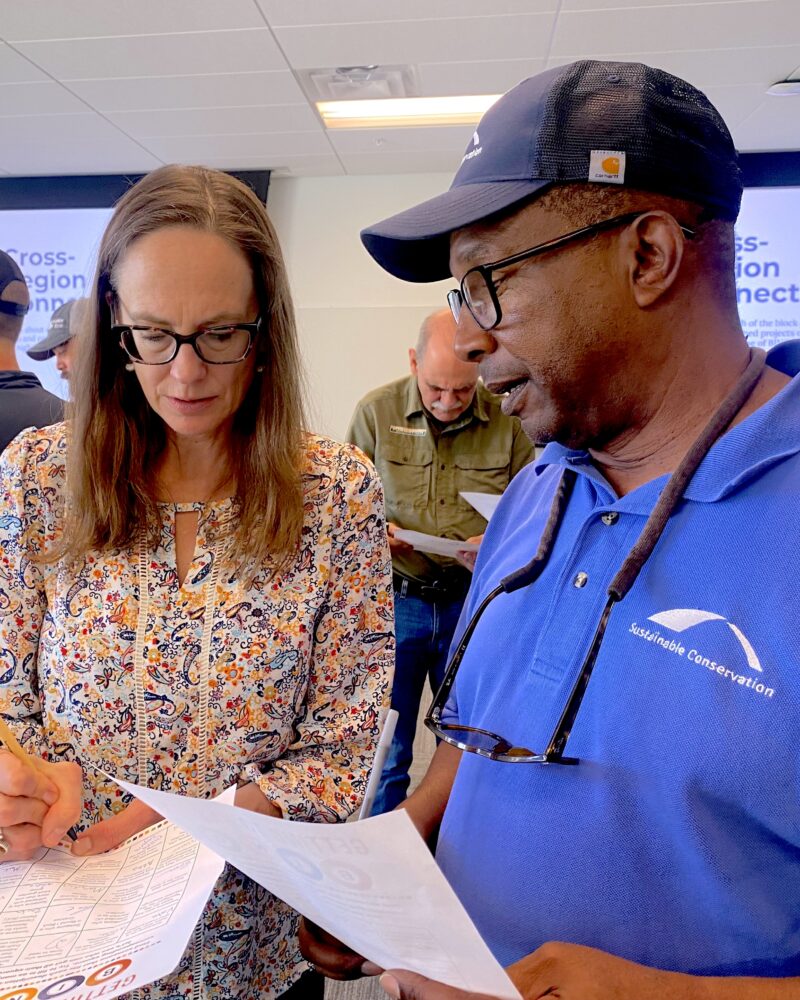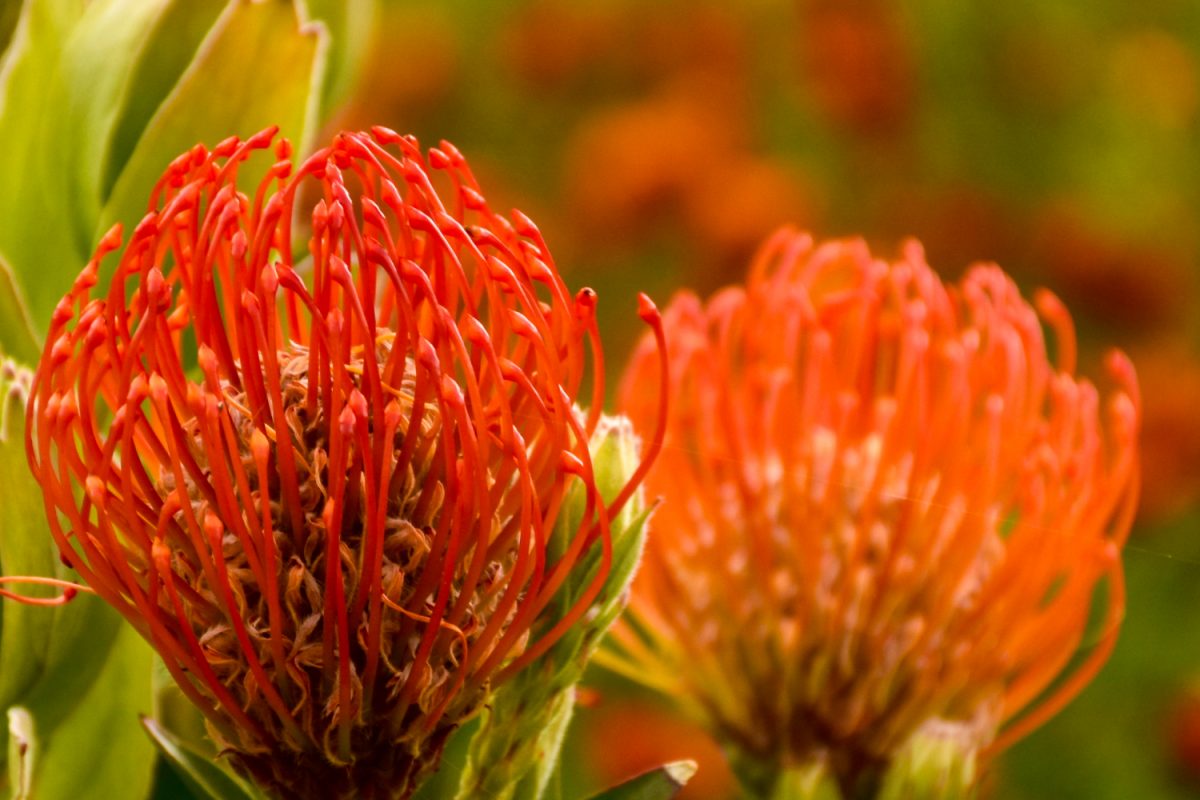Across the world, women are leading change and investing in their communities in the face of ongoing barriers to their full participation in society. International Women’s Day, celebrated on March 8th for over 100 years, honors the achievements of women and girls as drivers of progress, and reflects the collective action required to advance equality through inclusive development.
As Administrator Power noted during the launch of the Gender Equity and Equality Action Fund, empowering women is both an issue of justice and a strategic imperative to achieve development aims. As USAID and its partners increasingly focus programs on cross-cutting issues that address gender equality and social inclusion, knowledge management and communications are key to bringing attention to this work and to creating – and expanding – the space for collaboration and collective action around these issues.
Environmental Incentives has brought this purposeful approach to our communications and knowledge management support at USAID, including in the collaborative management of several Agency websites. These public platforms allow us and the wider community to capture, archive, share, and learn from ongoing work in gender equality and social inclusion. At the same time, one of our top aims has been to underscore the interdependency of development issues across sectors, including gender and environment.
With this in mind, we’d like to share a few recent stories and projects from across these USAID websites, which focus on a range of intersecting gender equity efforts – and invite your engagement.
Get inspired…
“USAID and Partners Award Grant to Woman Waste Collector” – USAID UrbanLinks (urban-links.org)
An enterprising woman waste collector from the Philippines, Riza Santoyo, received the first business expansion grant from USAID’s Clean Cities, Blue Ocean program and Women in Waste’s Economic Empowerment activity, both led by Tetra Tech. Santoyo is starting her own door-to-door waste collection business, and her efforts are helping to both break the cycle of underpaid women in the waste sector and create sustainable communities.
Act on…
“Five Ways Women Lead on Addressing Climate Change” – USAID LandLinks (land-links.org)
Climate change disproportionately impacts women and girls in the developing world. In this blog, Karol Boudreaux, a Senior Land and Resource Governance Advisor at USAID, brings together key insights from a moderated panel discussion with seven women, which responded to the question: How can we empower women to continue to lead the fight against climate change?
Learn about (and spread the word)…
Advancing Gender in the Environment (AGENT) – USAID BiodiversityLinks (biodiversitylinks.org)
AGENT is a ten-year partnership with USAID implemented by the International Union for Conservation of Nature (IUCN). AGENT aims to strengthen the integration of gender considerations throughout USAID’s forest and biodiversity programming. USAID and IUCN also launched the Resilient, Inclusive and Sustainable Environments (RISE) grants challenge, which is a first-of-its-kind initiative to address gender-based violence within environment programming.
Adapt with…
Gender Equality and Climate Finance Technical Brief – USAID ClimateLinks (climatelinks.org)
Produced by USAID and the Integrated Natural Resource Management project led by DAI, this brief summarizes actionable steps for synergizing gender equality and climate finance. It also collates a set of useful resources, from checklists for screening climate finance proposals to gender-smart climate finance toolkits.
Power Africa CLA: Sharing Lessons to Electrify Africa – USAID Learning Lab (usaidlearninglab.org)
EI supported USAID Power Africa in strengthening cross-portfolio collaboration in the energy sector with the creation of virtual learning groups. This case demonstrates how proactively including gender as a learning group, alongside energy-specific domains such as Utility Reform or Off-Grid, not only recognized the intersection of gender, but also created a platform for gender experts from implementing partners to share tools and resources for addressing common challenges for women in the African energy sector.
Beyond the annual international observance, we must continue to coordinate knowledge management and communications practices to spotlight and engage with the work happening in many places, every day, in support of gender equality and social inclusion. It’s no small effort, but it’s certainly a collective one.



